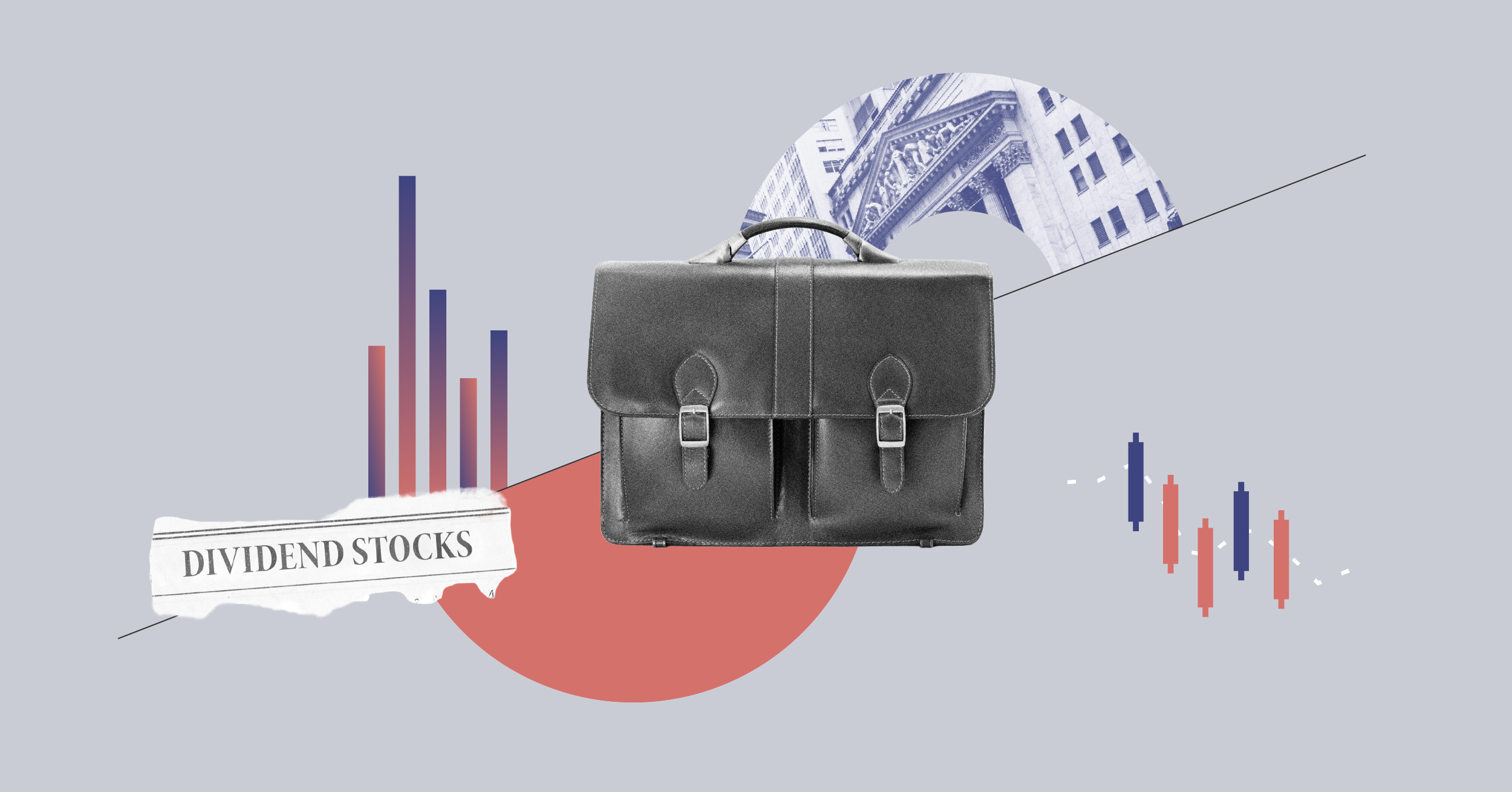New Ratings
L&G All Stocks Gilt Index – Silver
Jose Garcia-Zarate
The opportunity set for active managers to add meaningful value on a consistent basis is limited in the market of UK conventional gilts. A low-cost passive approach with a tight control on costs makes good sense, and this tightly-tracking L&G fund comes across as a compelling investment option, having delivered above-average risk-adjusted returns over three-, five- and ten-year trailing periods. It comes with a competitive ongoing charge of 0.15%.
L&G Emerging Markets Government Bond (US$) Index – Silver
Jose Garcia-Zarate
Active bets on emerging-markets debt remain fraught with risks and volatility, whereas a geographical broad-based and low-cost passive approach seems to help balance these out over the long-term. This index fund may lack some diversification in terms of country coverage, but it certainly beats most peers in terms of cost, with a very low ongoing charge of 0.29%, making it a highly appealing proposition to access this market exposure.
L&G Global Real Estate Dividend Index – Bronze
Kenneth Lamont
This fund provides very low-cost broad passive exposure to a market segment in which index-tracking funds have consistently outperformed their active rivals. The FTSE EPRA/NAREIT Developed Dividend+ Index provides cap-weighted exposure to global REITs and listed real estate companies that have been screened by their one-year forecast dividend yield. The 2% dividend yield requirement represents a low bar to clear. Resultantly, it resembles and retains the benefits of an unscreened offering, namely that it is broadly diversified and representative of the sector. With an ongoing charge of just 0.20%, the clean I share class of the fund is among the cheapest in the Morningstar Category. Despite its stellar performance in the current low-rate climate, though, we have yet to see how this dividend strategy performs in a rising rate environment.
L&G Sterling Corporate Bond Index – Bronze
Jose Garcia-Zarate
This cheaply-priced and tightly-tracking index fund would appeal to investors unwilling to take too much risk, as it only covers the higher investment-grade segments of the non-gilt bond market. Its focus on quality – as defined by the credit ratings – comes at the expense of yield potential, but by the same token it provides cushioning in down markets. Charging 0.14%, there is a fair chance that it might deliver returns above its category peers over the long term.
MFS Meridian Global Concentrated – Silver
Natalia Wolfstetter
MFS Meridian Global Concentrated Equity has a sturdy foundation for continued success even as star comanager David Mannheim’s retirement looms. Fellow manager Roger Morley has shown his credentials since rising to this role in mid-2009, applying a disciplined stock-selection process that is both rigourous and repeatable. Ryan McAllister has been a full time comanager on this strategy since March 2017. Mannheim is expected to retire towards the end of 2017. McAllister’s portfolio management experience is mostly limited to the energy sector.
This engenders some uncertainty. Still, MFS deserves credit for its early, considered, and transparent approach to succession. Morley’s successful shift from seasoned MFS equity analyst to comanager is a template the shop hopes McAllister will replicate. Importantly, a well-resourced analyst team provides a foundation for sound decisions. Staff take great care to identify the most robust companies within its investable universe, whittling this down to 20-30 stocks.
It remains to be seen how well McAllister settles into the comanager role, but this fund remains superior in many respects. We initiate coverage with a Silver rating, which is in keeping with the fund’s Silver-rated sibling, the Australia-domiciled MFS Global Concentrated Equity Trust.
MFS Meridian Global Equity – Silver
Natalia Wolfstetter
MFS Meridian Global Equity has a structure that can succeed even as its star comanager David Mannheim’s exit nears. Fellow manager Roger Morley has shown his credentials since rising to this role in mid-2009, applying a disciplined stock-selection process that is both rigourous and repeatable. Ryan McAllister has been a full time comanager on this strategy since March 2017.
Mannheim is expected to retire towards the end of 2017. McAllister’s portfolio management experience is mostly limited to the energy sector. This engenders some uncertainty. Still, MFS deserves credit for its early, considered, and transparent approach to succession. Morley’s successful shift from seasoned MFS equity analyst to comanager is a template the shop hopes McAllister will replicate. Importantly, a well-resourced analyst team provides a foundation for sound decisions. Staff take great care to identify the most robust companies within its investable universe, resulting in a diverse, 80- to 100-stock portfolio that looks little like the benchmark.
It remains to be seen how well McAllister settles into the comanager role, but this fund remains close to the top choices in the field. We initiate coverage with a Silver rating, which is in keeping with the fund’s Silver-rated siblings, Australia- and US-domiciled MFS Global Equity Trust and MFS Global Equity.
Upgrades
Foreign & Colonial Investment Trust – Silver
David Holder
Foreign and Colonial Investment Trust has a long record in growing capital and income with 46 years of consecutive dividend increases. Paul Niven was appointed here by the board in July 2014 replacing the retiring Jeremy Tigue. Niven brings with him an impressive skillset, having joined F&C in 1996. He chairs the Investment Policy Group which determines asset allocation and portfolio implementation across a variety of mandates. This background makes him an exceptional fit for this fund with its emphasis on global asset allocation, portfolio construction and manager selection/oversight. Niven has proven to be an assured pair of hands since appointment and, in recognition of our increased conviction, we are upgrading the Morningstar Analyst Rating from Bronze to Silver.
Downgrades
AXA Optimal Income – Neutral
Barbara Claus
While the funds have some merits like an experienced manager and strengths in security selection both in the equity and bond sleeves, investors should bear in mind that their success largely depends on the ability to be exposed to the market at the right time, which is difficult to implement.
The top-down-oriented process has not been as effective as hoped and this has reduced our confidence in the quality of its execution.




























